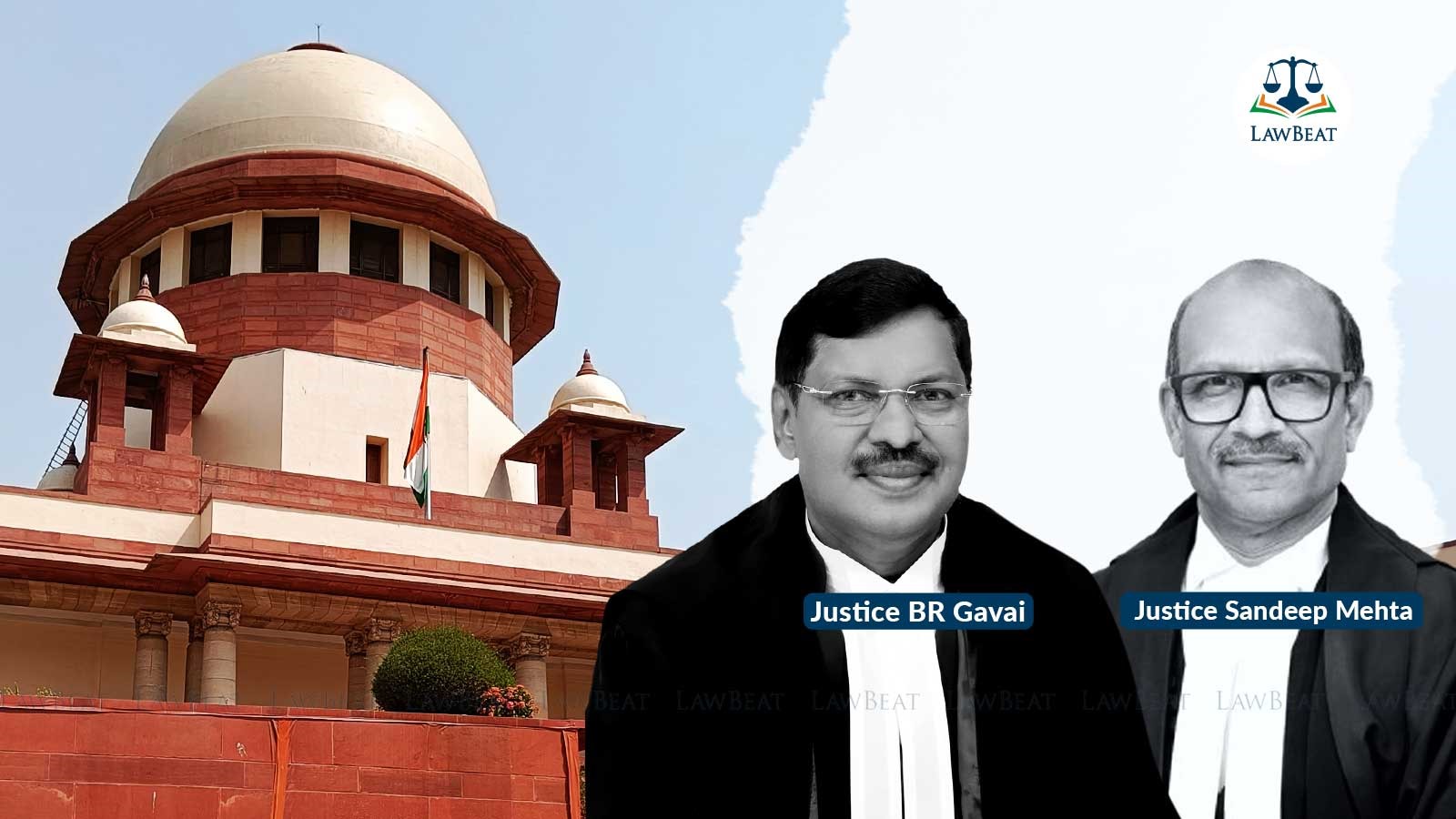Special court or sessions court has jurisdiction to try complaint under IBC: SC

Court said that for a moment, even if it is held that the reference in Section 236(1) of the Code is a ‘legislation by reference’ and not ‘legislation by incorporation’, still the offences punishable under the Code having imprisonment of two years or more will have to be tried by a Special Court presided by a Sessions Judge or an Additional Sessions Judge
The Supreme Court has on April 19, 2024 held the Special Court presided by a Sessions Judge or an Additional Sessions Judge will have jurisdiction to try the complaint filed under Insolvency and Bankruptcy Code, 2016.
A bench of Justices B R Gavai and Sandeep Mehta quashed and set aside the Bombay High Court's single judge bench order of February 14, 2022.
The high court had allowed the petition filed by Satyanarayan Bankatlal Malu and Ramesh Satyanarayan Malu, the ex-Directors of M/s SBM Paper Mills Pvt Ltd challenging the order of March 17, 2021 passed by the Additional Sessions Judge.
The Sessions Judge had directed issuance of process against the respondents on account of a complaint filed by the Insolvency and Bankruptcy Board of India under Section 236 of the Code, read with Sections 190, 193 and 200 of the Code of Criminal Procedure, 1973 for the offences punishable under Section 73(a) and Section 235A of the Code.
Acting on an appeal by the Insolvency and Bankruptcy Board of India, the apex court said the high court had erred in holding that in view of the subsequent amendment, the offences under the Code could only be tried by a Metropolitan Magistrate or a Judicial Magistrate of the First Class.
"We further find that the reasoning of the single judge of the High Court that in view of the 2018 Amendment only the offences under the Companies Act would be tried by a Special Court of Sessions Judge or Additional Sessions Judge and all other offences including under the Code shall be tried by a Metropolitan Magistrate or a Judicial Magistrate of the First Class is untenable," the bench said.
The court said, for a moment, even if it is held that the reference in Section 236(1) of the Code is a ‘legislation by reference’ and not ‘legislation by incorporation’, still the offences punishable under the Code having imprisonment of two years or more will have to be tried by a Special Court presided by a Sessions Judge or an Additional Sessions Judge.
"Whereas the offences having punishment of less than two years will have to be tried by a Special Court presided by a Metropolitan Magistrate or a Judicial Magistrate of the First Class," the bench said.
In any case, the high court has grossly erred in quashing the complaint only on the ground that it was filed before a Special Court presided by a Sessions Judges. At the most, the single judge of the high court could have directed the complaint to be withdrawn and presented before the appropriate court having jurisdiction, the bench added.
In the case, since the single judge of the high court had not considered the merits of the matter, the matter was remitted to the single judge of the high court for considering the petition of the respondents afresh on merits.
Additional Solicitor General S V Raju, appearing for the Board, submitted that the high court had grossly erred in holding that, in view of the Companies (Amendment) Act, 2017, which came into effect from May 7, 2018, only the offences committed under the Companies Act could be tried by Special Court consisting of Sessions Judge or Additional Sessions Judge.
He submitted that the reasoning that the offences other than the Companies Act could not be tried by the Special Court consisting of Sessions Judge or Additional Sessions Judge was totally in ignorance of the provisions of sub-section (1) of Section 236 of the Code.
He said that sub-section (1) of Section 236 of the Code provides that the offences under the Code shall be tried by the Special Court established under Chapter XXVIII of the Companies Act, 2013.
He submitted that the legislative intent is clear. There is no general reference to the provisions of the Companies Act. What has been done by subsection (1) of Section 236 of the Code is that the offences punishable under the Code are required to be tried by the Special Court established under Chapter XXVIII of the Companies Act, 2013, he pointed out.
"If a statute is a complete Code in itself, then normally a reference to the provisions of the prior statute referred to in a subsequent statute would only have a restrictive operation. In such a case, it would be a ‘legislation by incorporation’ and not a ‘legislation by reference’," he said.
The ASG also pointed out that the Statement of Objects and Reasons (SOR) to the Companies (Amendment) Act, 2017, amending the Companies Act, 2013 clearly showed that the amendment is for the purposes of restricting only to the Companies Act and not for any other purpose. He therefore submitted that the finding of the high court that in view of the Companies (Amendment) Act, 2017, the Special Court consisting of Sessions Judge or Additional Sessions Judge will not have the jurisdiction to entertain the complaint in question was totally erroneous.
The counsel for the respondents, opposing the submission, said that the high court had not considered the merits of the matter and in the event the top court held that the single judge was not justified in quashing the proceedings, the matter might be remitted for deciding it afresh on merits.
